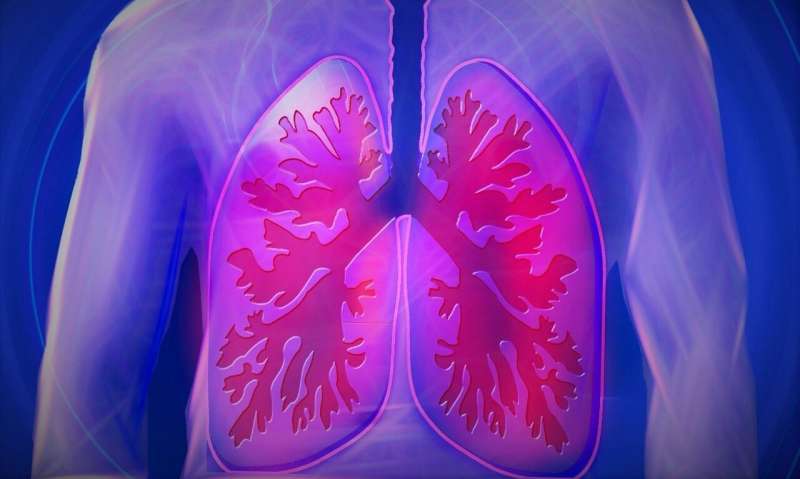Not all lung nodules are cancerous, but follow-up care is important

Kentucky has the highest rate of lung cancer in the country, and is the leading cause of cancer-related death in the United States. It claims more lives each year than breast, prostate and colorectal cancers combined. With early detection, lung cancer is very treatable, and lung cancer screenings throughout the state have helped detect lung cancer at an early stage before symptoms develop.
Lung cancer screenings use low-dose CT scans to take pictures inside of the chest using the smallest amount of radiation necessary to identify potential cancers. Lung Cancer Screening is recommended for patients ages 55 to 80 who currently smoke or have quit smoking in the past 15 years, have a 30 pack-year smoke history, meaning you either smoke a pack a day for 30 years, or two packs a day for 15 years, and have no current symptoms of lung cancer. If you believe you qualify, you should consider asking your doctor for a lung cancer screening, which is covered under most insurance plans.
While lung cancer screening can improve survival of lung cancer by 20 percent, most lung cancers are detected from incidental findings. This occurs when lung nodules are found on imaging while patients are being treated for an unrelated condition. For example, a patient is seen in the emergency room after a car accident and imaging shows a small nodule on the lung. From there, the patient may be advised to follow with their primary care provider or pulmonologist for additional testing.
While nodules are abnormal, not all nodules are cancerous. Nodules can be benign, such as a scar, inflammation or infection. Coal dust and exposure to certain types of fungi commonly found in Kentucky can cause nodules to form as well.
It is estimated that more than 1.5 million adults will have a lung nodule in their lifetime, and only 29 percent receive appropriate follow-up care. It's important to follow up with your primary care provider about any abnormal findings to get a referral to the right specialist. A thorough personal health history is necessary to determine your risk factors, including smoking history, family history and potential environmental exposures such as the presence of radon in your home or exposure to hazardous materials at work.
















